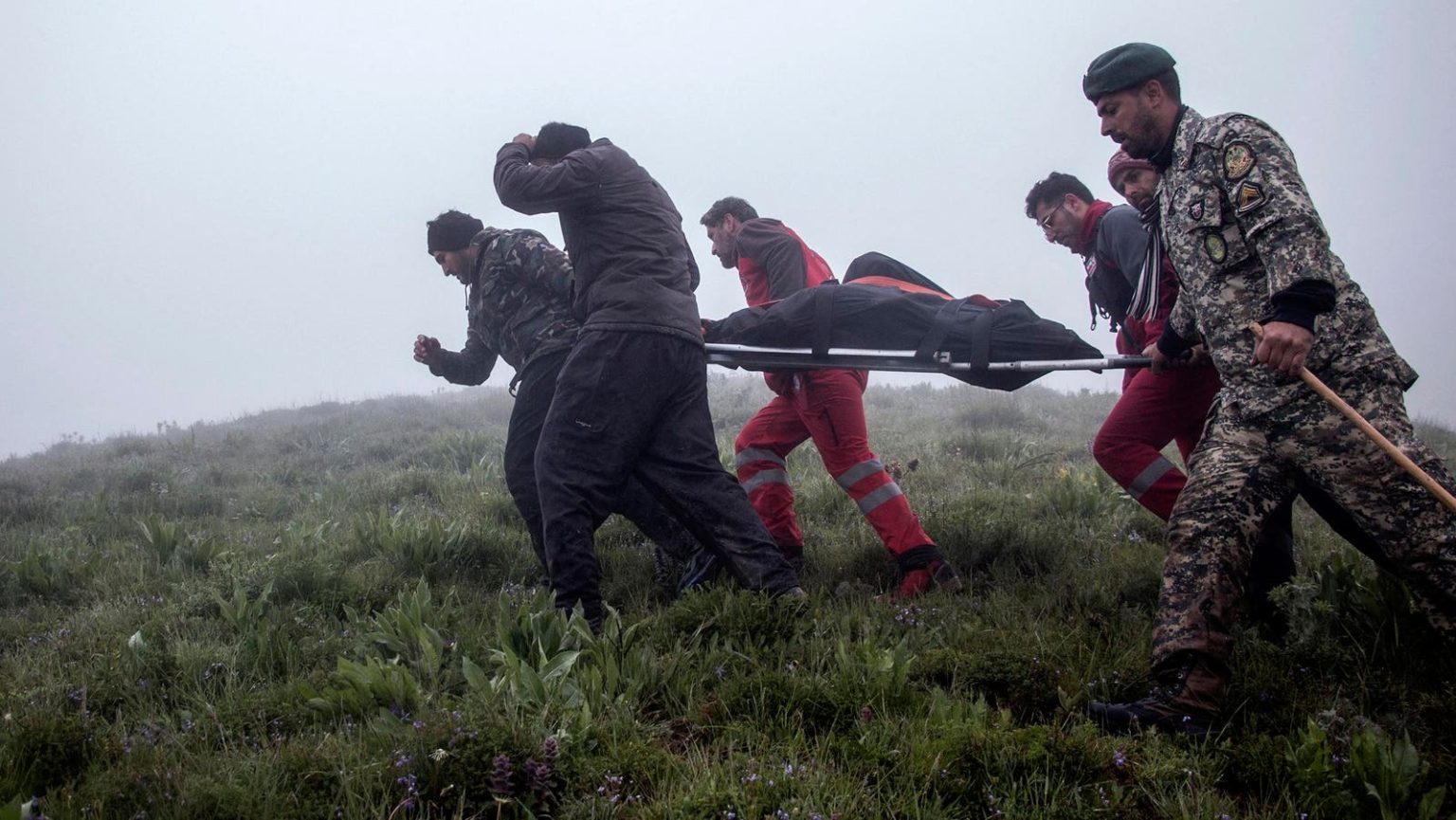The recent death of Iran’s President Ebrahim Raisi in a helicopter crash has sparked widespread speculation, with some suggesting it may have been an assassination. However, the crash was determined to be a straightforward accident caused by sudden, opaque weather conditions. Some have drawn comparisons to the 2010 Smolensk air disaster in Russia, but it is believed to be a tragic accident. Tehran initially attributed the crash to a technical malfunction, possibly due to the suspicion of an assassination plot.
The power vacuum left by Raisi’s death has raised concerns about potential instability in Iran. With the Supreme Leader position soon to be vacant as well, there are fears of power struggles and unrest. However, it is unlikely that Iran will face significant fractures internally unless external powers intervene and exacerbate the situation. The clergy and the Revolutionary Guard are expected to close ranks and maintain control to prevent any threats to their power.
Despite the internal challenges Iran may face following Raisi’s death, the country’s rivals now have a unique opportunity to incite regime change. With various factors limiting external interventions, such as the distraction of Russia in Ukraine and lack of motivation from regional powers, it is unlikely that any significant regime change will occur. While unrest and bloodshed may escalate, the regime is expected to retain power through sheer force and control.
The death of Raisi has also shifted the dynamics in the region, as he was known for his effective regional diplomacy and alliances against Israel and the US. His trip to the Azerbaijan border was seen as a strategic move to solidify partnerships and deliver messages discreetly. With Raisi’s death, Iranian pressure on other countries is expected to decrease, potentially allowing for new openings for rival powers to assert themselves in the region.
The loss of Raisi, known as the ‘butcher of Tehran’, has both positive and negative implications for Iran and the region. While his death may lead to instability and power struggles internally, it also presents an opportunity for rival powers to exploit. Raisi’s absence may change the dynamics of regional alliances and partnerships, creating space for new power dynamics to emerge. Overall, the death of Raisi marks a significant shift in the political landscape of Iran and the wider Middle East region.












